Podcast: Play in new window | Download (Duration: 23:09 — 16.0MB) | Embed
Subscribe: Apple Podcasts | Spotify | Amazon Music | Android | Pandora | iHeartRadio | JioSaavn | Podchaser | Gaana | Podcast Index | Email | TuneIn | Deezer | Anghami | RSS | More
Episode 6 – The Courage of the Martyrs – A Biblical Way of Praying the Mass with Fr. Timothy Gallagher O.M.V.

We continue our conversation with Fr. Gallagher discussing the encouragements given by Venerable Bruno Lanteri in regards to a biblical way of praying the Mass. In this episode, Fr. Gallagher reflects on the Profession of Faith
Ask the Lord for a heart like Saint Justin’s and that of other martyrs, past and present, who professed their faith with similar courage. Then, slowly pray the Niceno-Constantinopolitan Creed that we say at Mass. As you pray, pause briefly at each truth you express. Let its meaning fill your heart. Renew your faith in it.
I believe in one God, the Father almighty (I believe in you, God the Father, God my father),
maker of heaven and earth (I believe in you as Creator),
of all things visible and invisible. I believe in one Lord Jesus Christ (I believe in you, Jesus, the Christ, and my Lord),
the Only Begotten Son of God, born of the Father before all ages. God from God, Light from Light, true God from true God (I believe that you, Jesus, are true God),
begotten, not made, consubstantial with the Father; through him all things were made. For us men and for our salvation (I believe that you are my Savior)
he came down from heaven, and by the Holy Spirit was incarnate (I believe in your Incarnation)
of the Virgin Mary (I believe that you took flesh through Mary),
and became man. For our sake he was crucified under Pontius Pilate, he suffered death and was buried (I believe that you died for our salvation),
and rose again on the third day (I believe in your Resurrection from the dead in power and glory)
in accordance with the Scriptures. He ascended into heaven and is seated at the right hand of the Father (I believe in your Ascension, that you were taken up to heaven).
He will come again in glory to judge the living and the dead (I believe in your Second Coming at the end of time)
and his kingdom will have no end. I believe in the Holy Spirit, the Lord, the giver of life (I believe in you, God the Holy Spirit, “Paraclete, Gift of God, living Fountain, Fire, Love, spiritual Anointing” [Veni Creator Spiritus]),
who proceeds from the Father and the Son, who with the Father and the Son is adored and glorified, who has spoken through the prophets. I believe in one, holy, catholic and apostolic Church (I believe that you founded the Catholic Church, the Spouse of the Lamb, our Mother).
I confess one Baptism for the forgiveness of sins (I believe in the grace and power of Baptism, of my Baptism)
and I look forward to the resurrection of the dead and the life of the world to come. Amen. (I believe in eternal life).
Pray the Profession of Faith like this at Mass.
Gallagher, Fr. Timothy; Gallagher, Fr Timothy . A Biblical Way of Praying the Mass: The Eucharistic Wisdom of Venerable Bruno Lanteri (pp. 51-53). EWTN Publishing Inc.. Kindle Edition.
For more episodes in the A Biblical Way of Praying the Mass with Fr. Timothy Gallagher podcast series, visit here
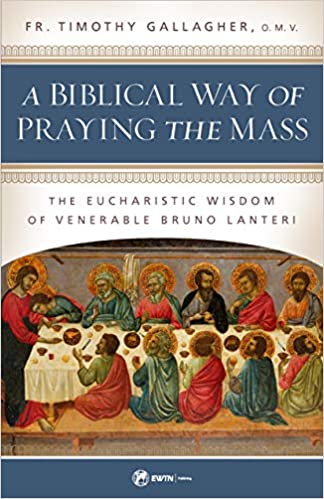 You can find A Biblical Way of Praying the Mass here
You can find A Biblical Way of Praying the Mass here
Father Timothy M. Gallagher, O.M.V., was ordained in 1979 as a member of the Oblates of the Virgin Mary, a religious community dedicated to retreats and spiritual formation according to the Spiritual Exercises of St. Ignatius. Fr. Gallagher is featured on the EWTN series “Living the Discerning Life: The Spiritual Teachings of St. Ignatius of Loyola.” For more information on how to obtain copies of Fr. Gallaghers’s various books and audio, which are available for purchase, please visit his website: frtimothygallagher.org


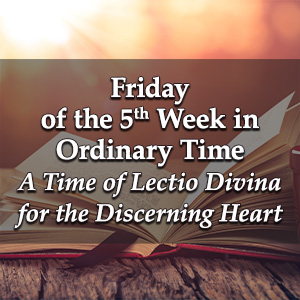 Friday of the Fifth Week in Ordinary Time – A Time of Lectio Divina for the Discerning Heart Podcast
Friday of the Fifth Week in Ordinary Time – A Time of Lectio Divina for the Discerning Heart Podcast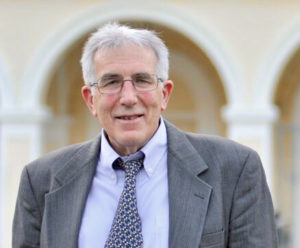
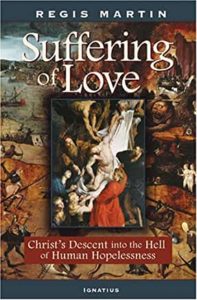




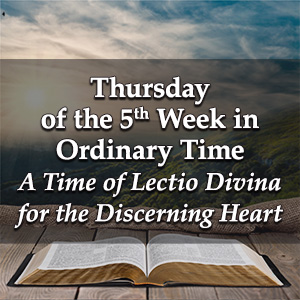 Thursday of the Fifth Week in Ordinary Time – A Time of Lectio Divina for the Discerning Heart Podcast
Thursday of the Fifth Week in Ordinary Time – A Time of Lectio Divina for the Discerning Heart Podcast
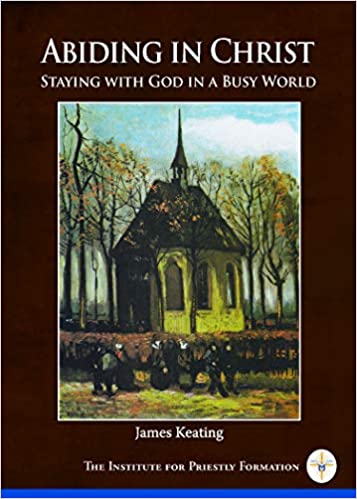
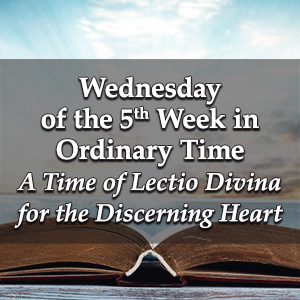 Wednesday of the Fifth Week in Ordinary Time – A Time of Lectio Divina for the Discerning Heart Podcast
Wednesday of the Fifth Week in Ordinary Time – A Time of Lectio Divina for the Discerning Heart Podcast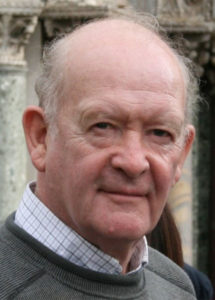
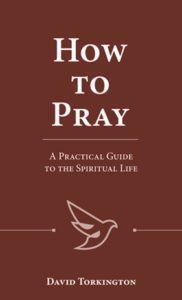
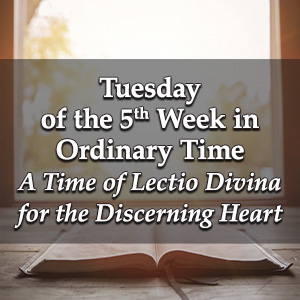 Tuesday of the Fifth Week in Ordinary Time – A Time of Lectio Divina for the Discerning Heart Podcast
Tuesday of the Fifth Week in Ordinary Time – A Time of Lectio Divina for the Discerning Heart Podcast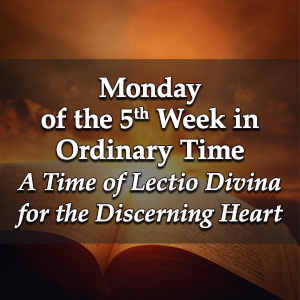 Monday of the Fifth Week in Ordinary Time – A Time of Lectio Divina for the Discerning Heart Podcast
Monday of the Fifth Week in Ordinary Time – A Time of Lectio Divina for the Discerning Heart Podcast
